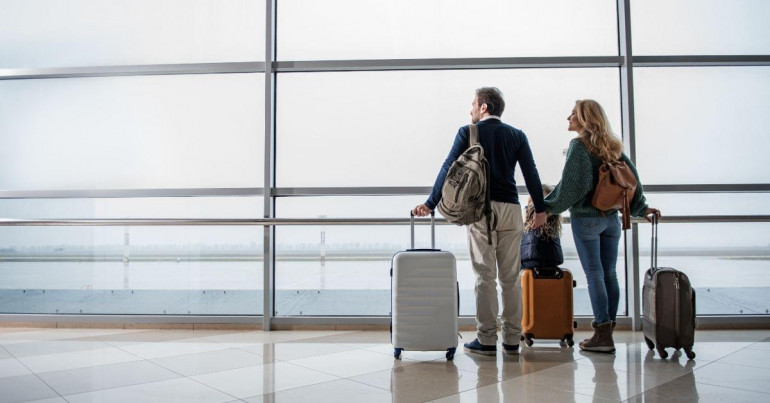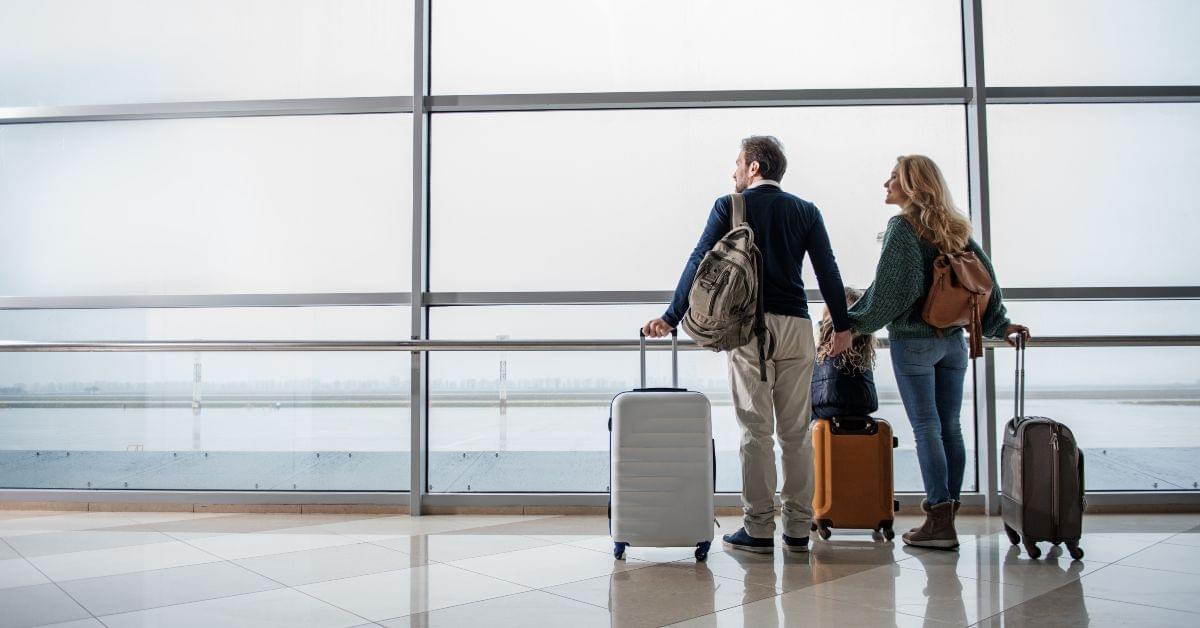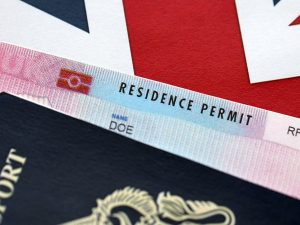
The decision to move abroad can be a life-changing one, but does carry with it some complications. Whether you’re moving abroad to work, or moving abroad for studies, it is important to make yourself a moving abroad to do list before you travel, to ensure that the process is smooth and you don’t have any nasty surprises.
Here are 10 things you need to know if you’re moving abroad.

1. Visa & documents
One of the most important and most obvious steps is to make sure your visa is in order. It is crucial that you keep all your documents to hand when moving, so that if your visa application has a problem, it can be updated quickly if need be.
There are many visas available, to grant access to people in different scenarios, such as student visas and different levels of work visa, so it is important that you have the appropriate documents. Make sure you have your birth and marriage certificates to hand, along with your passport, driving licence and other forms of ID.
2. Check the cost of living
Is it expensive or cheap to permanently live where you want to relocate? When traveling abroad, being a tourist can often give a false sense of spending, so it’s important to count all your exact costs for when you are living there, and researching any unseen charges you might run in to.
This is especially important if you are moving abroad alone, and if you are moving abroad without a job or moving abroad with debt. These factors could add further complications to your plans and make the risks of moving abroad much greater.
3. Mail forwarding
Has your mail been sorted out? Ensure that any mail you have registered to your current address is either cancelled or redirected. While a lot of mail is delivered via email, letters such as bank statements and pension plans are still sent by post. Plus, if you are leaving the UK, a lot of HMRC documents are sent via post, which could be crucial to your moving plans.
4. Cutting off subscriptions
Have you cancelled or amended all your subscriptions and internet services? While most will remain the same, a lot will not be cancelled in many cases, and you may face penalties if payments are missed.
A lot of your subscriptions may also be location based. For example, if you move abroad, you will need to change your Apple ID country and any online businesses you have may need to be altered too.
Moving over your digital life can be tricky, so make sure that you know what will happen to each of your subscriptions when you leave.
5. Tax
Tax rules can add a further complication to moving abroad, as taxes differ from country to country, so make sure that this has been factored in to your budget, and that you understand everything that is required of the country’s tax laws.
If you are keeping the same job in the UK, but moving to live abroad, then you will still need to alert HMRC and complete a P85, which officially states that you are leaving the UK and don’t end up paying any extra unnecessary tax, or paying tax twice.
6. Access to healthcare
Even if you are moving abroad for a year, or even just moving abroad for six months, it is important that you have sufficient healthcare set up in your new country, as you never know when you might need it. Also keep in mind that not all countries have free healthcare, and you may need to look into medical payment or insurance.
7. Schooling
While you may be moving abroad to start a new life, it is important to remember that you are also starting a new life for any current or future children. If you are moving abroad with young family or moving abroad with a child, then you should look into education options, for both young children and teenagers.
8. Language
English might be the lingua franca for a large part of the world, but vast populations still use other languages, such as Spanish or French. Therefore, make sure that you are able to communicate to a proficient level, or at least have translation processes set up. Moving abroad for three months or more can be extremely beneficial for learning a language, due to immersion within the language, but communication is more likely to be needed when you first arrive and are settling in.
9. Pets
If you are moving abroad with a dog, or moving abroad with a cat, then this is another consideration to make. If you are planning on bringing the pet with you, then you will need to get consultation from your vet as to whether your animal is safe to fly. You will also need to obtain the right documents, such as an Animal Health Certificate (AHC). It can also be expensive to do this, reaching several thousand pounds in some cases.
10. Bank accounts
While you can maintain a bank account if you move abroad, you may be charged for daily transactions, which is fairly common for most banks. It is wise to keep your home bank account, as you may return to your country of origin and there may be payments still using that bank account. However, for spending in your new country, it is best to look into other options, as they will be cheaper and more efficient.
Opening a local bank account for many is an essential choice, as it will make all transactions in your new country a lot easier. Setting up your account will require you to produce the appropriate documents, which means step one on our list is all the more important, and you will need to transfer currency over into your account. Choosing a reliable service to do so is crucial, to make sure your transfer is safe and that you make the most cost-effective currency conversion. You can use our service, either business or personal, to find the best deal for you.
You also have the option of opening an international bank account, or more commonly known as an offshore account, which means that you will be able to spend and hold money in multiple different currencies.
Caleb Hinton
Caleb is a writer specialising in financial copy. He has a background in copywriting, banking, digital wallets, and SEO – and enjoys writing in his spare time too, as well as language learning, chess and investing.



